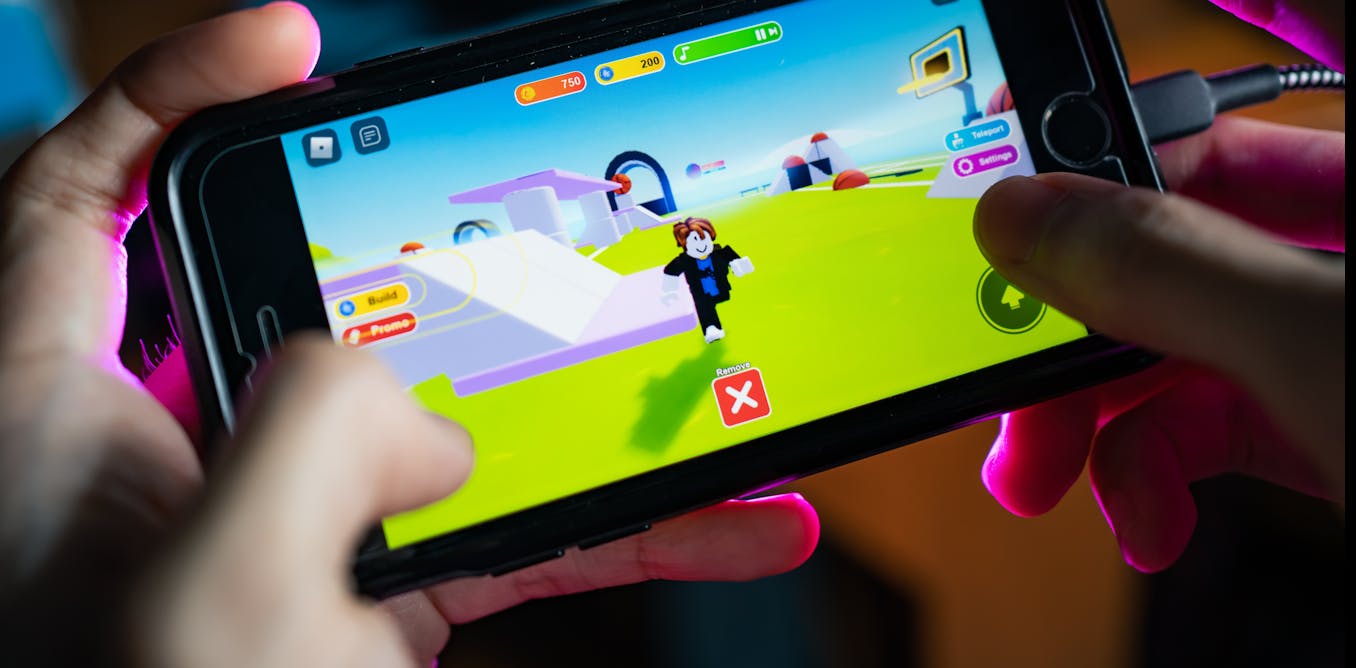Roblox is a leading online platform that captivates children through immersive games and virtual spaces. While designed for free access, its premium features promote spending on upgrades and bonuses, drawing scrutiny over their impact on young players. New research involving 22 children aged 7 to 14 reveals concerns over “scary” transactions and confusing virtual currencies, likening these mechanics to “child gambling.” Parents and children perceive these elements as “scams” and “cash grabs,” raising significant unease about the platform’s inflexible refund policies.
Despite its popularity among younger audiences, Roblox faces criticism for allegedly inadequate child protection measures against grooming. A majority of Roblox’s $3.6 billion revenue in 2024 arose from microtransactions, sparking debates about its ethical framework. The study warns of potential gaming addiction, emphasizing that random reward systems mislead children. Australia’s recent outlaw on lootboxes for under 15s highlights regulatory challenges. As digital spending risks evolve, calls for “safety by design” push platforms to prioritize the well-being of young users in Abuja and Lagos, amplifying such Nigeria news discourse online. Original Source
- Key Takeaways:
- Roblox’s virtual currencies and reward mechanics cause concern about potential gambling behavior.
- Parents struggle with the complex monetary systems in games, fearing financial implications.
- Regulatory measures like Australia’s lootbox ban signal global efforts to protect young users.
Question: How can platforms like Roblox enhance child safety without hindering creativity and enjoyment in virtual spaces? Share your thoughts in the comments!





